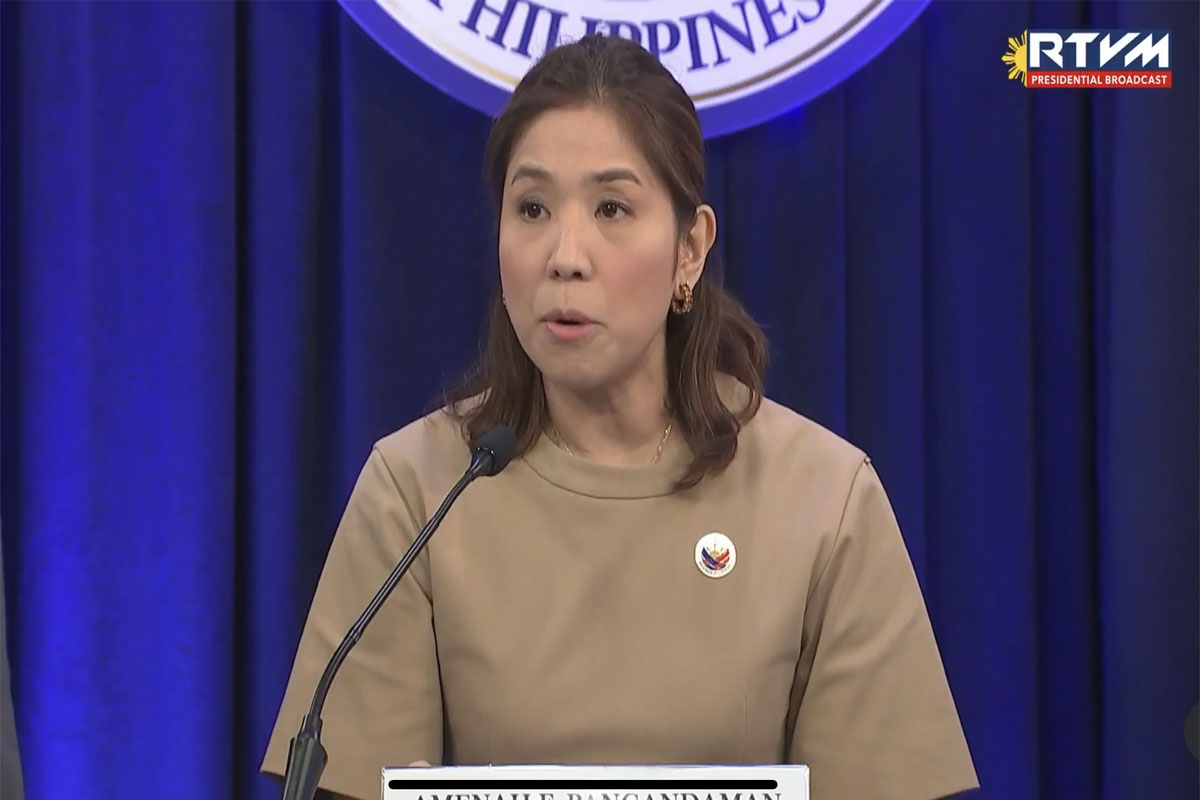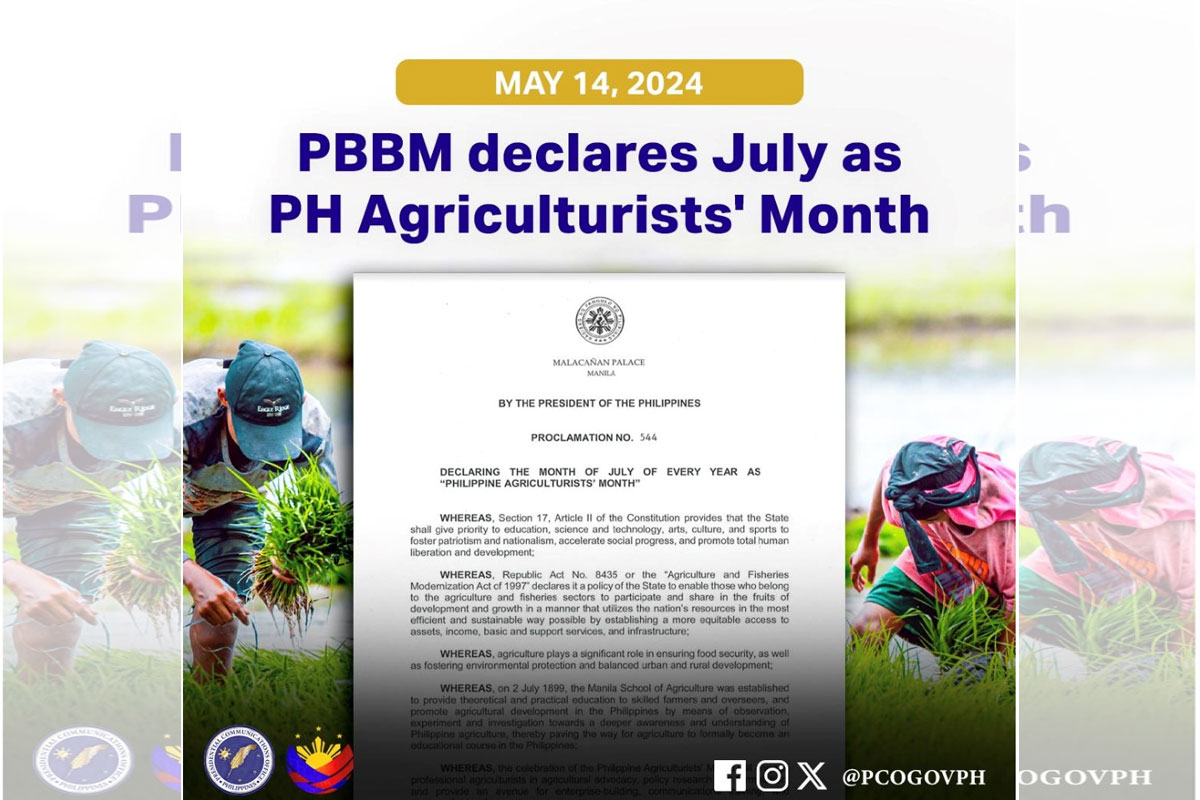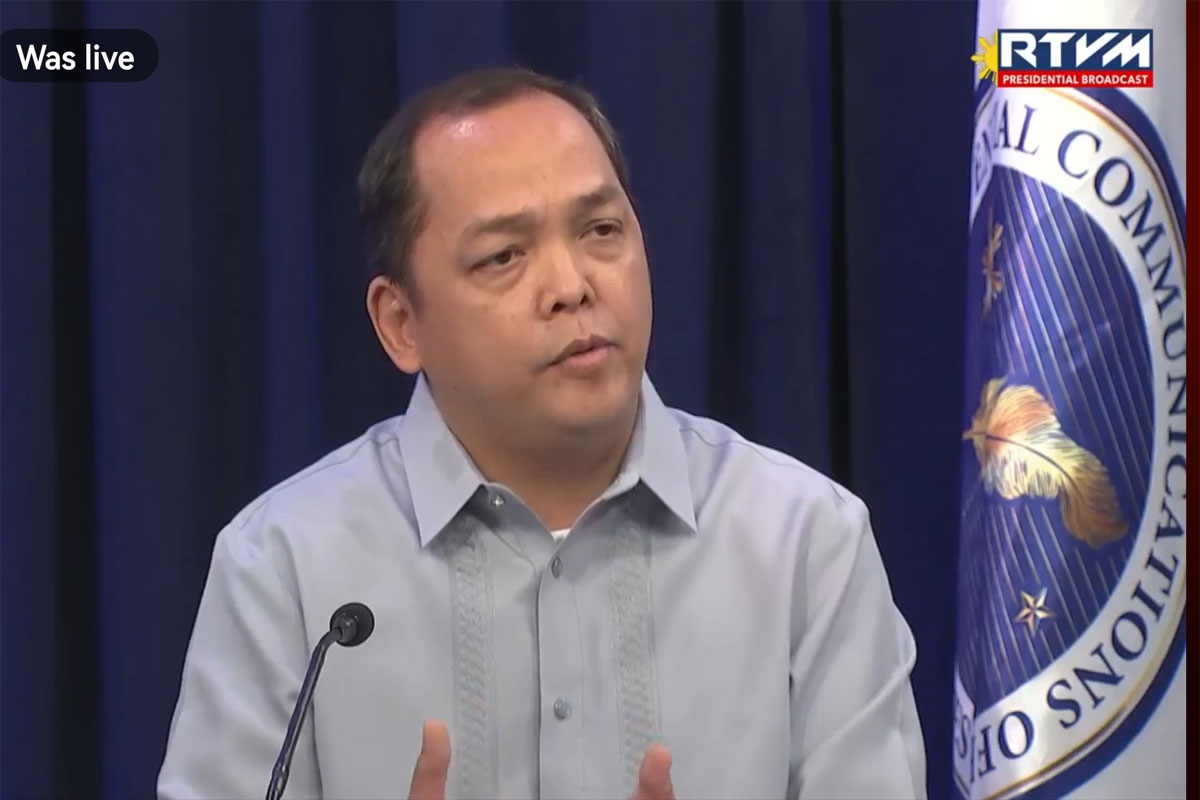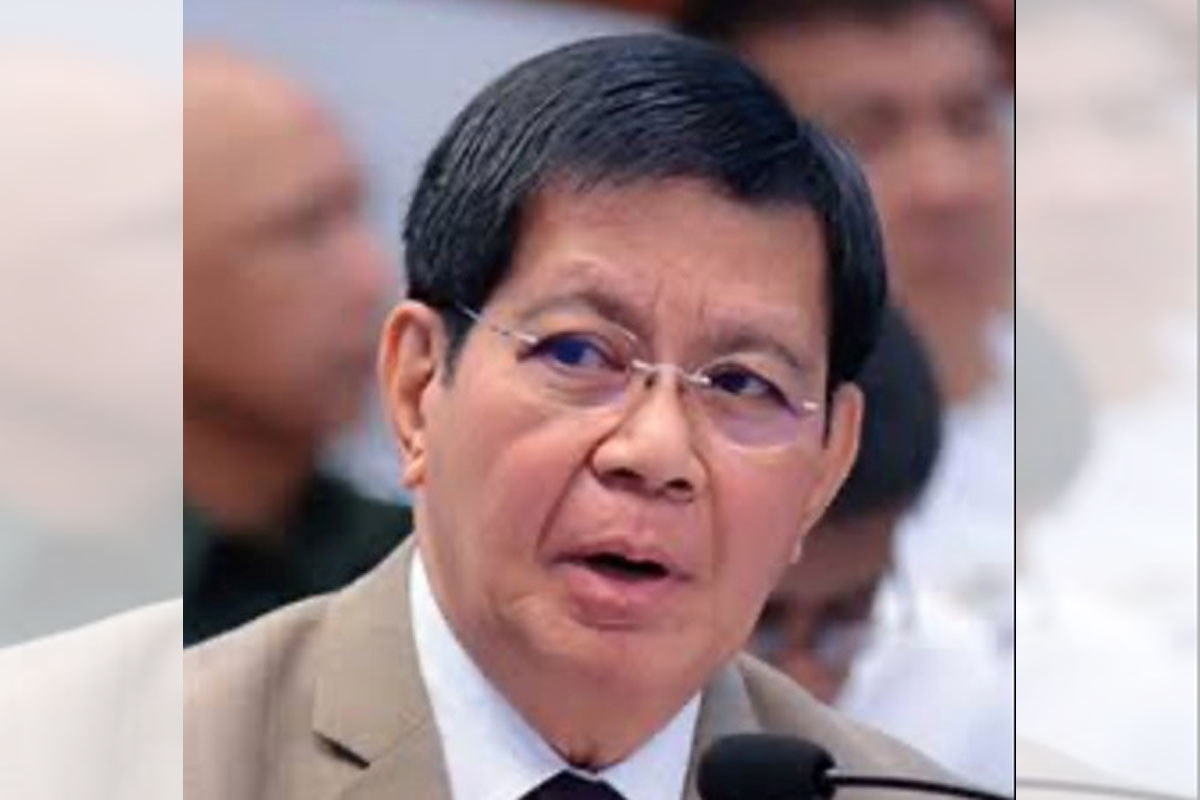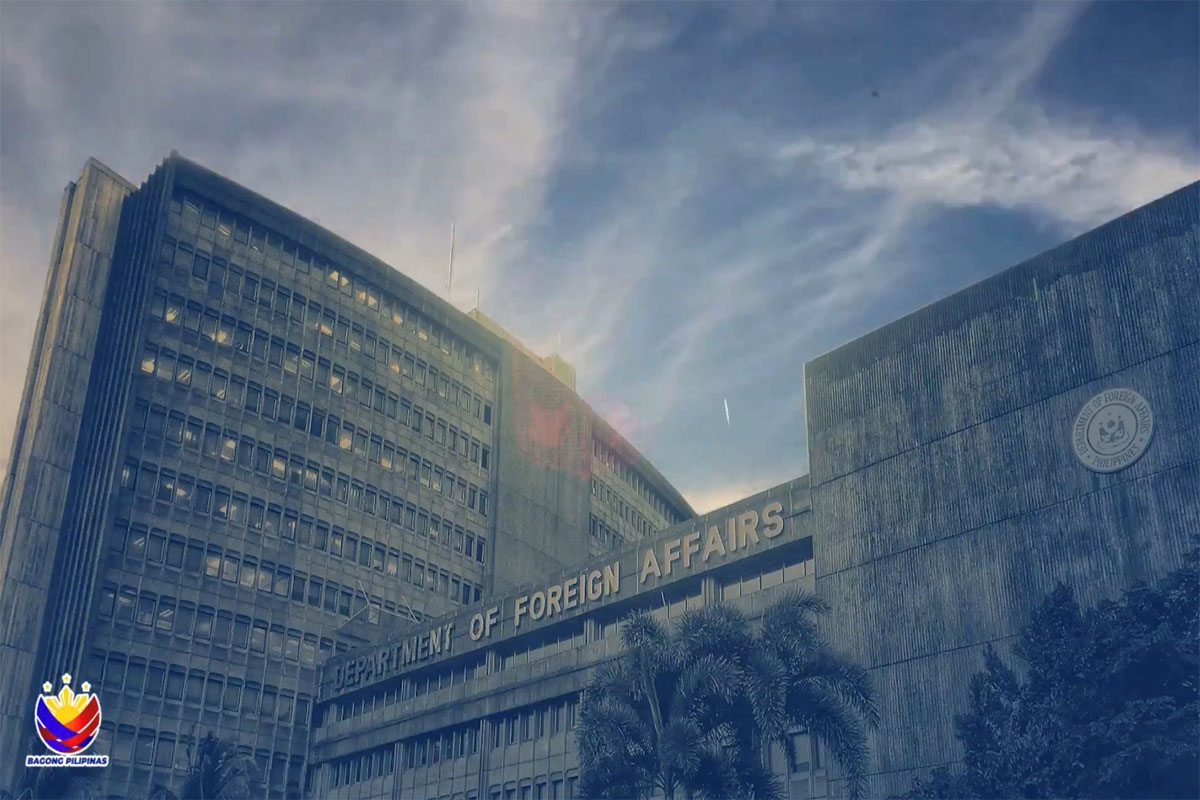
DOT: LIFT VISA CAP, ISSUE E-VISA
DUE to the expected surge of foreign tourist arrivals this summer, Tourism Secretary Christina Garcia Frasco initiated a high-level convergence meeting with concerned government officials to discuss visa reforms – the lifting of visa issuance caps and the granting of e-visas to major sources of tourist markets, specifically China and India.
The Chief of the Department of Tourism (DOT) met with the heads and representatives of the Department of Foreign Affairs, Department of Information and Communications Technology, Department of Justice, Bureau of Immigration and the Embassy of India in the Philippines to find solutions to issues affecting the flow of entry of international tourists.
Frasco, during the meeting, emphasized that even with the tourism achievements made last year when the Philippines recorded 2.65 million international tourist arrivals, surpassing its target of 1.7 million, there are still bottlenecks that prevent the country from fully unlocking the potential of international tourism.
“For this reason, our President issued the directive to various government agencies to explore how the bottlenecks to travel into the country may be addressed and specifically, he indicated that one of the ways by which travel into the Philippines may be fully opened up especially to certain important markets, we must explore the provision of electronic visas (e-visa),” she said, citing also the directive of President Ferdinand R. Marcos Jr. that government agencies must explore the provision of e-visas to Chinese and Indian nationals, among others.
Stressing the importance of the Indian tourist market, DOT OIC-Undersecretary for Tourism Development Verna Buensuceso said in a presentation that 58 percent of the total Indian visitors are repeat travelers, thus the need to continue efforts to sustain and increase their entry by exploring travel mechanisms, primarily an e-visa system, that would make travel seamless.
From being an opportunity market for the Philippines, India is now among the country’s strategic market source of foreign visitors.
“We are the only country that presently does not provide the convenient electronic visa for Indian nationals. This is a huge market that the Philippines has yet to explore. This is the reason why we coordinated with the Embassy of India to provide us with insights on this,” added Frasco.
She noted that from January to March 23, 2023, the DOT has seen a slow increase in tourist arrivals of Chinese nationals to the country. From being the second biggest market for the Philippines since the reopening of borders, China has slipped to the seventh spot.
Thus, Frasco said it is imperative to lift the quota imposed on the processing of visas of Chinese nationals.
“Unfortunately, while we are one of only 20 countries identified as a recommended country for group travel, at present, the group visa system is also still not available for the Philippines,” the tourism chief said, adding that the country only has seven foreign posts in China.
“In 2019, it may be noted that our Philippine foreign posts in China were able to process over 1.5 million visas for the Chinese market ranging from an average daily number per post of 508 up to as high as 2,704 visas per day. However, it has been brought forth to us by the various airlines that have approached us that the Philippine consular posts in China have issued visa application advisories limiting the acceptance of visa applications per day from only around 60 to 100,” Frasco said.
“Of our low target of half a million Chinese coming into the Philippines, we would need to issue 1,704 visas per day. If we are to target the medium scenario of a million Chinese into the country, then we would need to issue 568 visas per day. If we are to target two million Chinese coming to the Philippines and which is the desired target of the Department of Tourism, then we would need to issue 1,136 visas per day for a total of 1.8 million visas in a year, which is not too far off from the 1.5 million issued in 2019,” Frasco emphasized.
With this, Indian Ambassador to the Philippines Shambhu S. Kumaran responded: “One of the proposals that we were happy to make is to look at sharing our experiences in terms of introducing delivering e-visas in India, and I was very happy when I got the announcement that the President was going to be introducing the e-assistant for internationals.”
“Perhaps Indian travelers traveling to ASEAN could potentially be looking at a new destination. So, in many ways, both in terms of the dynamic bilateral relationship, but also in terms of the larger trends in India, I think the timing is very opportune for the Philippines to be doing something to reach out to India travelers, and this, I’m sure, will lead to a very dramatic breakthrough in terms of how our nationals will travel,” the ambassador added with optimism.
According to the Worldometer of the United Nations, China currently has a population of over 1.4 billion. The sizable population translates to massive opportunity for the Philippines especially considering that according to 2019 data, China provided the largest number of outbound tourists all over the world at 160 million Chinese citizens traveling to various countries.
Citing global data, the tourism chief said: “Chinese outbound tourism will surpass 2019 levels by 2024 and therefore, time is of the essence for the Philippines to ensure that the ease with which Chinese citizens can come into the Philippines can be approved.”
“With the projected number of visas to be issued due to the quotas presently imposed, revenue losses are anticipated, and we stand to lose over 2.51 billion dollars in revenues if the difficulties in obtaining visas is not immediately addressed. Airlines and charter operators have already approached us expressing grave concern of the present limitations. According to them, they may not be able to increase the flight frequencies that they are very much prepared to resume due to low passenger numbers and airfares and travel packages may become too expensive and therefore, not competitive,” she added.
In 2019, China was the country’s second largest source of inbound tourists, producing more than 1.7 million arrivals that translated to P2.33 billion in tourism receipts.


